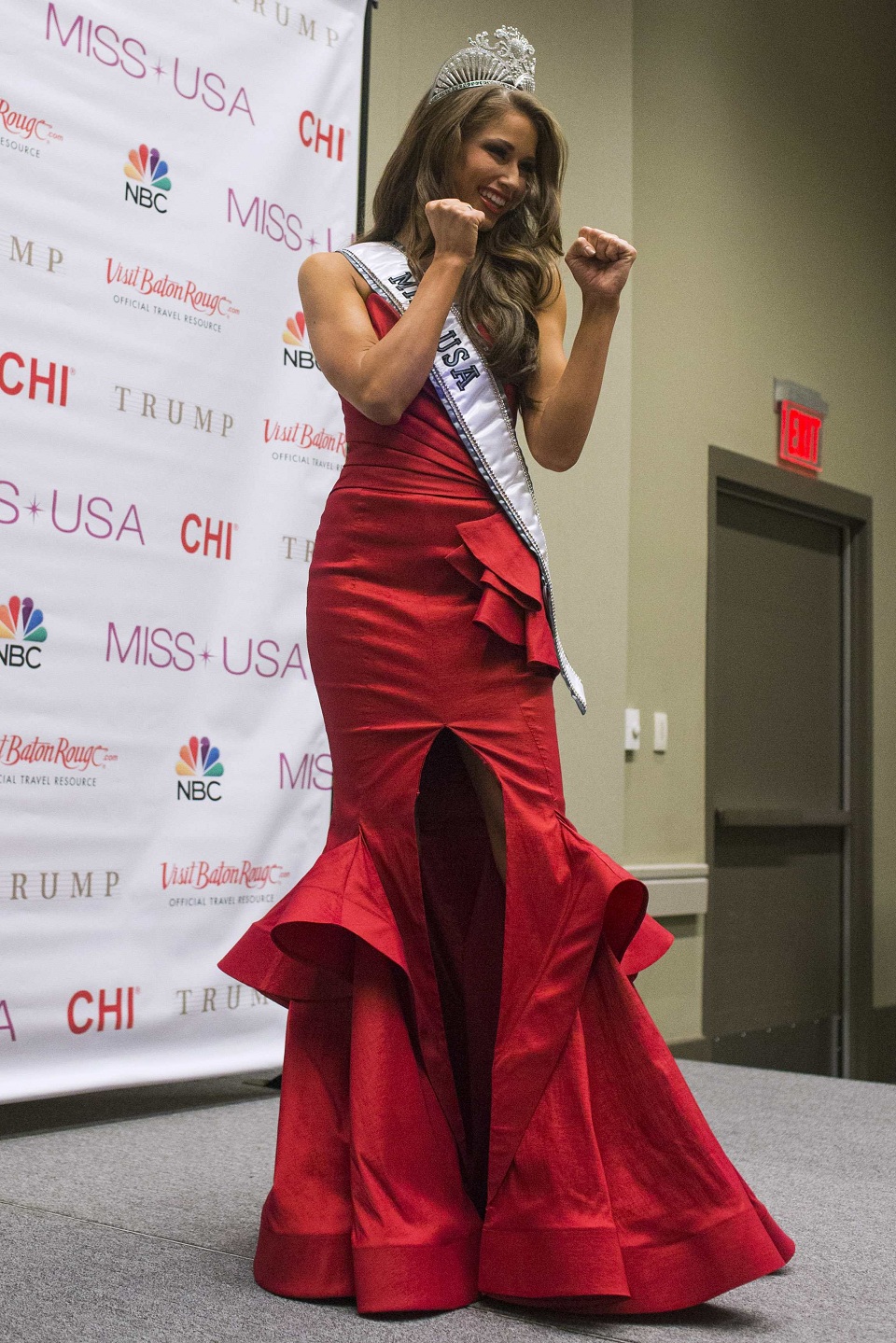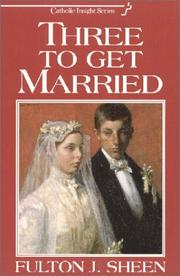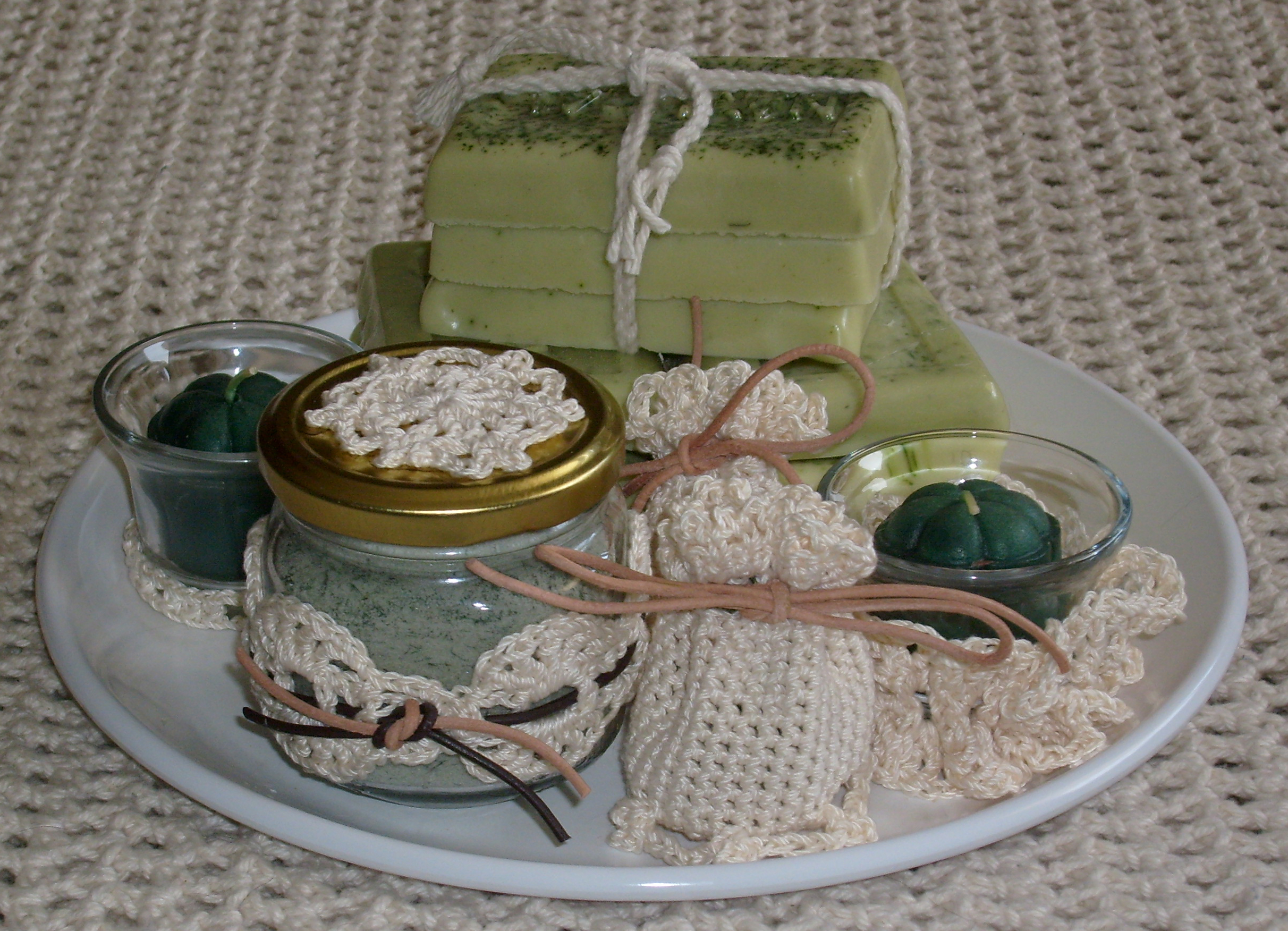By Mary Stanford
Guest Contributor

I don’t ever remember a time when I didn’t want marriage and family. I remember being teased about being “boy crazy” in 3rd grade. Yes, third grade. (The really embarrassing thing is that I remember being annoyed in
kindergarten that marriage seemed like such a long wait.) So, you might say that fear was never really an issue for me. On top of that, I came from a happy home, filled with lots of kids. My parents made the whole deal seem easy. I was ready and had no fear.
Flash forward to the year 2000, when my time finally came. A bit later than expected, as I was already 25 and beginning to wonder if I might not rot on the vine. Once again, no fear—so happy was I to have found a person so suited to me—and so willing to fulfill my dream of being married and having babies. So excited to enter into marital bliss that I didn’t even panic that he hadn’t secured a job yet. A charming graduate student with a bright future; that was enough for me.
The first glimmer of fear that I remember experiencing was when I held our first baby in my arms the following spring. It was the first time in my life I had ever contemplated the thought that one baby might just be “enough” for me. I was prepared for the pain of delivery, for the surrender of so many little freedoms that accompany motherhood, but I was not prepared for the “worry.” I had been caring for babies since I was a kid— how could this be any different? Oh but it was. Nothing can prepare you for the sickening, never-ending worry that settles in your soul the moment your own child enters the world. Not some baby you can hand back to its mother—no, the one that comes home to stay is the one that changes everything. I had always thought that it would be such a shame if I were only blessed with one child; suddenly it seemed that my fears for this child consumed me. How does anyone handle more than this?
Well, I learned, gradually, that that initial fear was never totally going to subside. It would instead, like some sort of baggage, be something that I would carry along with me. I would walk with it, and gradually come to accept it. As I tried to wrap my head around this feeling, I became aware of one other aspect of family for which I was not entirely prepared: the love. I loved that little girl so much that I felt guilty. I felt unfaithful to the young siblings that I had once adored—and still do adore, of course-- but with a sister’s heart, not a mother’s heart. I felt guilty even contemplating another baby—when this one seemed to demand and deserve everything that I had. I used to watch her start to wake up from her nap and pick her up before she even cried. It just seemed right. I didn’t complain, I didn’t count the cost. She was worth it.
Then I would see other families at church—big families-- and wonder how they did it. How did they attend to everyone? How on earth did many of them home school? How did they survive? Fear would begin to bubble to the surface again.
Flash forward 13 years. Somehow, some way, I’m “doing” it. Perfectly? Oh dear no. (Is there such a thing?) No, but happily, and surprisingly sanely. Most days. Suddenly all tables have turned and I have young wives and mothers asking me how
I do it. The truth is, I don’t know, and if I tried to concoct some answer it would most certainly come back to haunt me. What I will share is that, with five more babies, and 8 years of homeschooling under my belt, I have learned that those two overwhelming emotions, love and fear, have tended to balance one another out.
The love that almost takes your breath away is what keeps you invested. No one can understand how Mrs. X can deal with her extremely difficult 4 year-old because
no one sees him like she does. No one can prepare you for how much you are invested in your own child. No one could convince you what you might be willing to undergo for that child’s sake. The “pride swallowing siege” (thank you, Jerry McGuire) that is parenthood is eminently do-able because you love that kid more than your own self. You’ll do just about everything including cutting off your right arm. That’s why it’s is so sad when people forego having children because they find other people’s kids irritating. They never gave their own kid a chance to win them over. And he always does. Nature is funny that way.
As far as my own life goes, I attribute our ability to thrive as a family to something beyond
just the natural. As a Catholic, I believe in a little something we like to call sacramental grace. Read the catechism: besides enriching our souls with the life of sanctifying grace, each sacrament also imparts
sacramental grace, a special gift which corresponds to the
purpose of any given sacrament. My marriage is a sacrament; it imparts to my husband and to me a special assistance—not a general help, mind you—but a very specific help. It helps us to live out
our marriage. It helps
him to put up with me, and
me to put up with him. And it helps
us to deal with all these babies. At those moments when I am tempted to judge another family’s parenting decisions, I have to bite my tongue. No one has the grace to raise those kids except for them. No one has the tailor-made divine aid that accompanies their sacramental marriage except for them. I have my job to do, and they have theirs. And frankly, I find that quite liberating.
So, fear not, my young friends. Okay, I immediately retract that imperative. What I meant to say was: have no fear about being able to handle
my life. The fact is: you just might not be able to swing it, but you
can handle yours. You will feel the weight of fear, heavy at times, but the pull of your own miraculous love, that bond of affection which gives you the courage to walk through the Valley of Death (or at least a valley of vomit) for your loved ones, will kick in and you will be able to face whatever comes your way.
Mary Stanford earned a B.A. in philosophy from the University of Dallas, and a M.A. in theological studies degree from the Pontifical John Paul II Institute for Studies on Marriage and Family in Washington, D.C., graduating summa cum laude from each institution. She is married, and is the mother of six children, whom she educates at home. A frequent speaker on topics including marriage, contraception, femininity, and the theology of the body, Mary also teaches as an adjunct instructor in the theology department of Christendom College.
Image by Redboxweddings.
Family photo courtesy of the author.
.JPG) Here's some food for thought: The next time you go on Facebook, ask yourself if you are there to positively impact yourself and others, or if you're only going to kill time. If it's the latter, consider closing the news feed and opening your door instead to find the person just waiting for you to share your gifts with them.
Here's some food for thought: The next time you go on Facebook, ask yourself if you are there to positively impact yourself and others, or if you're only going to kill time. If it's the latter, consider closing the news feed and opening your door instead to find the person just waiting for you to share your gifts with them.







 Everyone who is engaged or married has heard the warning –
Be prepared. Marriage is hard. Maybe that’s true, but can someone please tell
me what stage of life or life-altering decision does not include a challenge?
It seems like too many people (intentionally or not) paint a picture of
marriage as a toilsome, yet worthwhile, endeavor. Let’s be honest, being single
is often at least as toilsome as being married. Staying in school and
graduating takes roughly 18 years of focused, often-hard work. Succeeding in
the professional world requires dedicated effort.
Everyone who is engaged or married has heard the warning –
Be prepared. Marriage is hard. Maybe that’s true, but can someone please tell
me what stage of life or life-altering decision does not include a challenge?
It seems like too many people (intentionally or not) paint a picture of
marriage as a toilsome, yet worthwhile, endeavor. Let’s be honest, being single
is often at least as toilsome as being married. Staying in school and
graduating takes roughly 18 years of focused, often-hard work. Succeeding in
the professional world requires dedicated effort. A little over four years ago, I began a new vocation – wife. Almost three years ago, the vocation of motherhood got added. In preparation for our wedding, my husband and I each chose one book to read on love and/or marriage. I chose Archbishop Fulton Sheen’s Three to Get Married. Best decision ever. I so appreciated Sheen’s gentle but firm exploration of the purpose of marriage and both the beauty and trial most spouses experience sometime between “I do” and “til death do us part.”
A little over four years ago, I began a new vocation – wife. Almost three years ago, the vocation of motherhood got added. In preparation for our wedding, my husband and I each chose one book to read on love and/or marriage. I chose Archbishop Fulton Sheen’s Three to Get Married. Best decision ever. I so appreciated Sheen’s gentle but firm exploration of the purpose of marriage and both the beauty and trial most spouses experience sometime between “I do” and “til death do us part.”


 The already difficult task of raising daughters and protecting them from a society that seems to degrade them at every turn (or convince them that they aren’t beautiful enough, that their bodies aren’t perfect enough) is not getting any easier.
The already difficult task of raising daughters and protecting them from a society that seems to degrade them at every turn (or convince them that they aren’t beautiful enough, that their bodies aren’t perfect enough) is not getting any easier. In January, my husband and I took our almost 3-year old daughter to see Frozen. My sister tagged along because why bother being an aunt and godmother if you can’t use your niece as an excuse to see the newest princess musical movie that features your favorite Broadway star, Idina Menzel from Wicked? Plus, I had been hearing rave reviews from young and old.
In January, my husband and I took our almost 3-year old daughter to see Frozen. My sister tagged along because why bother being an aunt and godmother if you can’t use your niece as an excuse to see the newest princess musical movie that features your favorite Broadway star, Idina Menzel from Wicked? Plus, I had been hearing rave reviews from young and old.



